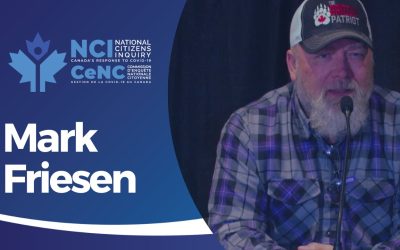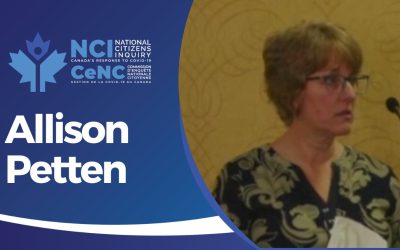Winnipeg / Regina: The Frontier Centre for Public Policy released today Taming Two Dragons: Poverty, Welfare, and the Future of Income Support.
In this policy study, Rick August, a policy analyst with over 35 years’ experience in development of social policy, examines the common advocacy claim that governments should increase welfare benefits as a way to reduce poverty and inequality in Canada. Based on a careful structural and historical analysis of Canada’s welfare system, August argues that welfare has helped create and maintain a chronically workless underclass that persists regardless of economic or labour market conditions. Welfare has not helped to eradicate poverty.
It is generally recognised that the welfare system was created with good intentions as a way to offer social protection and fight poverty. Because it exists, there is virtually no involuntary destitution in Canada, and that achievement should be noted. “As a tool against poverty, however, welfare has most certainly failed,” August says. “It is an historical error that can and should be reversed.”
In attempting to make better social policy, one pitfall to avoid is the trap of “welfare reform” thinking. Welfare has been in reform for decades, and yet welfare is still welfare. This policy paper does not advocate for welfare reform but for the creation of new programs. August calls for establishing an employment service that makes workers out of welfare recipients, which would pay a huge and long-lasting social and economic dividend.
We need to replace social transfers that support inactivity with those that support work, and we need to impose rigorous work expectations before basic income support is given. This policy shift would mean more income from working, less cost to taxpayers and a more efficient, equitable and sustainable economy. Because this strategy would reduce or eliminate voluntary dependency, we could make changes to how we support the truly needy. What could emerge is a more efficient and dignified benefit system that, unlike welfare, provides support without undermining human potential.
“It is by policy choice that we live in a society divided between producers and consumers, participants in and observers of the economy, credible main-stream citizens and marginalized poor. If these are products of policy, policy can change them, and our country will be stronger if we do so,” writes August.
August proposes 10 key ideas that should be adopted to break the cycle of dependency that has developed in Canada. Here are five of them:
Reduce the Scope of Welfare
Core income support should focus on basic subsistence benefits, with all the ancillary benefits that aim to reduce poverty vested in other programs that are, if not work-friendly, at least neutral to labour-force participation. This reduces the attractiveness of welfare over work and makes it easier to get off welfare through employment.
Impose Real Employment Tests
Rigorous employment testing must become prominent, consistently enforced and part of the program culture for applicants, the staff and management of agencies responsible for basic income-support. Governments should openly embrace conditionality as a good and necessary thing and have the courage to enforce it if they are serious about fighting poverty.
Subsidize Work, not Inactivity
The implementation of some form of non-welfare wage supplement is an important incremental step towards a strategic realignment of basic income support. However, it is important that in-work subsidies should go directly to households and not through employers.
Protect Entry-Level Jobs
Currently, welfare policies encourage adults to choose benefits over entry-level work, leaving entry-level jobs to be taken up by the teenage children of the middle class or exported to lower-wage economies. Governments can and should take steps to make entry-level work more attractive to low-income adults.
Avoid Wage-Regulation as Social Policy
Minimum wage law is counterproductive, because raising it—at least raising it faster than market wages—will reduce entry-level employment, which will reinforce rather than reduce poverty. The other significant problem is that most minimum-wage earners are not actually poor. The majority of those on the minimum wage are young, single, working to pay for their education and, in nearly two-thirds of the cases, living at home with their parents.
ABOUT THE AUTHOR:
Rick August, is a Regina-based analyst with over 35 years’ experience in strategic development of social policy. He was an original policy negotiator for the Province of Saskatchewan in the development of the National Child Benefit, and designed or led policy development on a number of initiatives that increased employment and reduced poverty among low income households in that province. He has consulted with numerous governments on social policy reform and published several articles on behavioural social policy, employment-based anti-poverty strategies, disability income support and other topics.
Download a copy of Taming Two Dragons: Poverty, Welfare, and the Future of Income Support HERE.
For more information and to arrange an interview with the study’s author, media (only) should contact: Rick August
PHONE: (306) 539-9390
EMAIL: raugust@sasktel.net
or
Marco Navarro-Genie
Director of Research
403.995.9916
navarrom@fcpp.org


